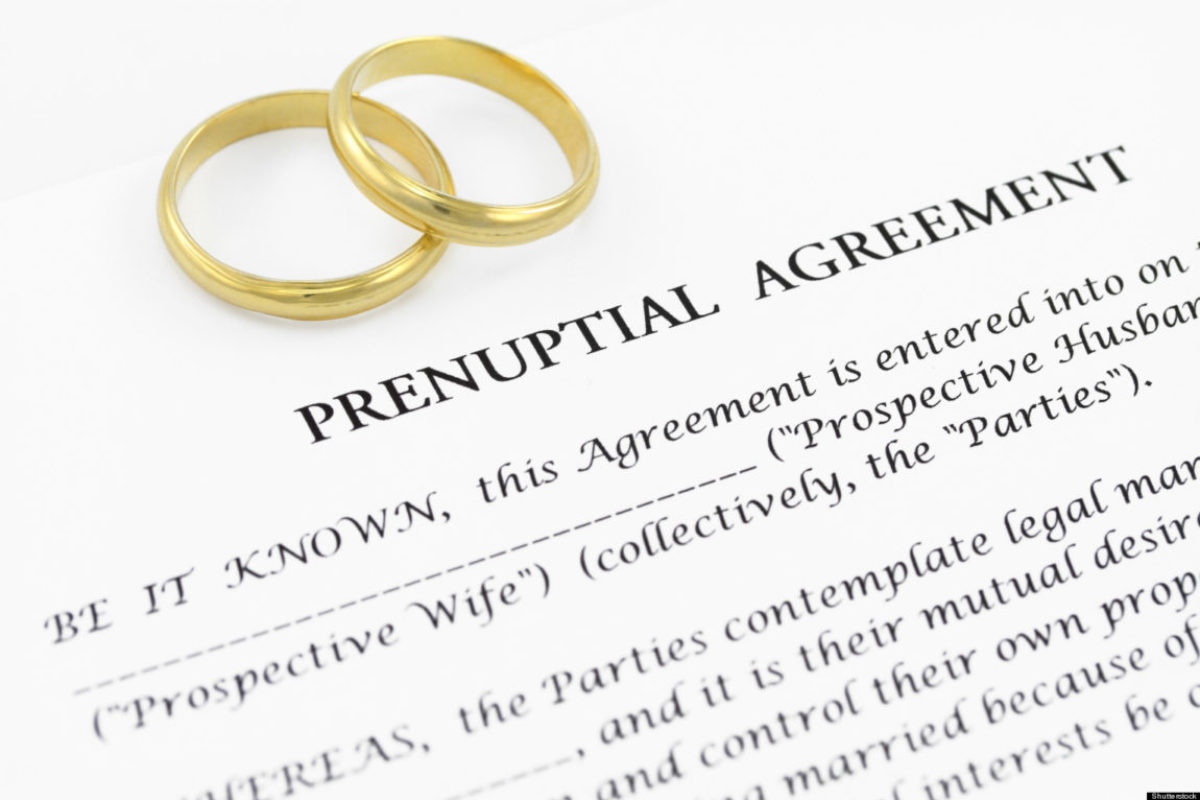Financial Agreements, when done properly, can be very powerful tools for the protection of assets and to provide clarity as to how assets will be divided upon a separation. Under Australian family law, couples can agree to enter into a document called a Financial Agreement (you might know them as a pre-nup) which sets out certain financial arrangements in the event of separation. These types of Agreements can be entered into before and during marriage and after divorce and before, during and after a de facto relationship
In order to be binding, the law requires that Financial Agreements meet very technical requirements, including that each party obtains independent legal advice.
In a recent case, Thorne v Kennedy, the Husband and the Wife met on a website for potential brides. Mr Kennedy was a 67 year old wealthy developer worth between $18m and $24m, previously divorced with 3 adult children. Mr Thorne wanted protect his money for his children.
Ms Thorne lived in the Middle East with no substantial assets and no children. They were set to marry and Ms Thorne was asked to sign a pre-nup and was told her that the wedding would be cancelled if she did not sign the document. She visited a lawyer (arranged by Mr Kennedy) just days before the marriage. She signed the pre-nup even though her lawyer told her not to because they were worried that the she was under ‘duress’ and advised her strongly against signing the agreement. Despite her lawyers advice, the parties signed a Financial Agreement prior to and then again shortly after their wedding. The couple separated 4 years later.
The High Court recently determined that the two financial agreements were voidable due to an inequality of bargaining power and a lack of fair or reasonable alternatives available to Ms Thorne. If there is a significant power imbalance, parties to a relationship should consider whether it is prudent to have a financial agreement, whether the agreement can be made to be ‘fairer’ to the other party, or if there may be preferable alternatives to quarantine their wealth. Ms Thorne had been founded to be deprived of the ability to make a free choice as to whether she signed the agreements and that she signed them under duress. There is still significant value in ‘pre nups’, but parties need to sign them fully appreciating the risks involved.
The case reflects the need for parties and family lawyers to carefully consider whether a financial agreement is the best mechanism to protect their assets and to assess other available options. If they had then separated after only a short period, it may be that Ms Thorne would not have made any significant contributions that would justify the courts awarding her a sizeable entitlement, or perhaps any entitlement at all, from Mr Kennedy’s estate.
Please do not hesitate to contact Richard Hamilton or any of our other experienced family lawyers if you have any questions about financial agreements or property settlement matters.

